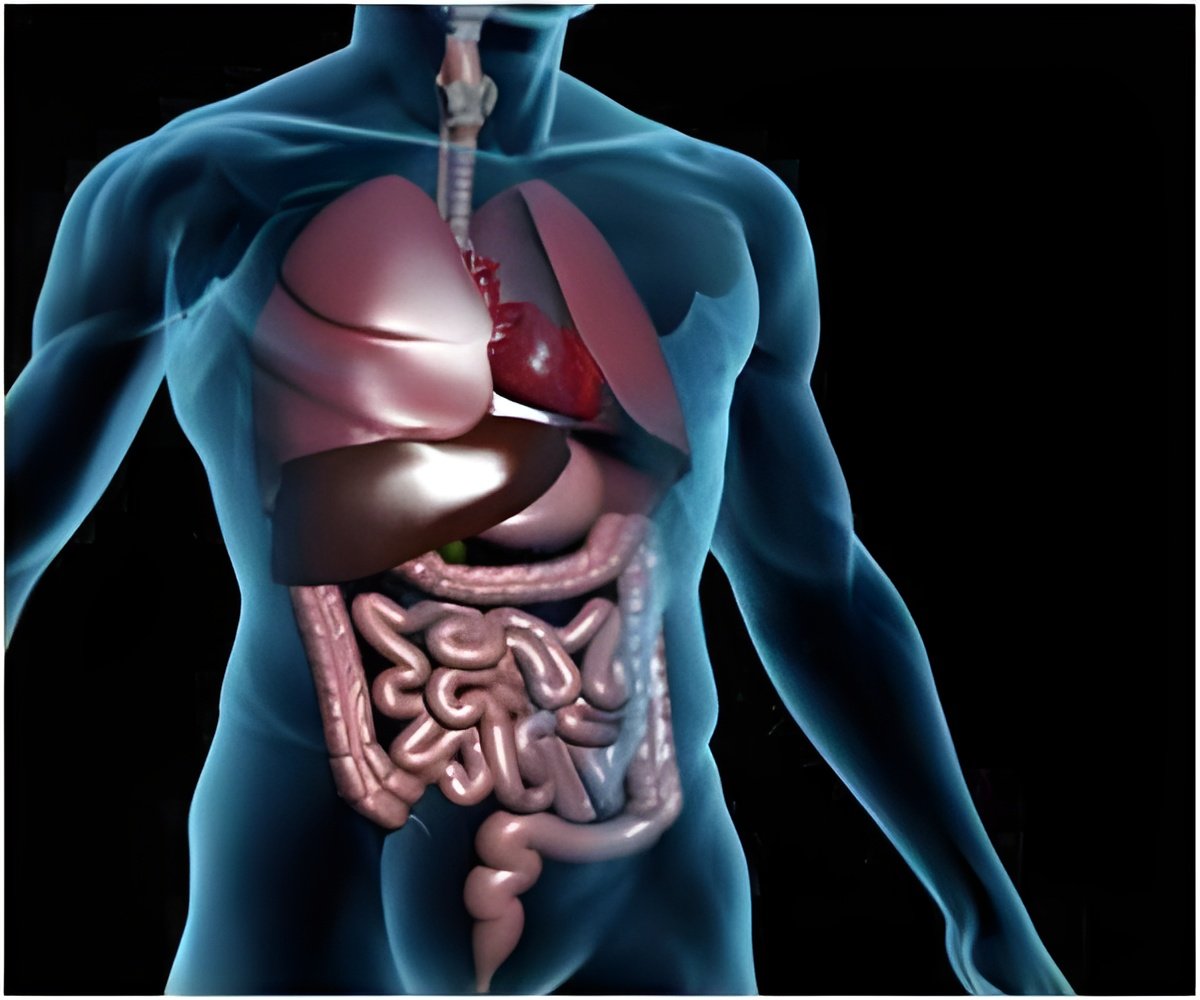Link between inflammatory bowel disease ulcerative colitis and a gene that makes certain cell surface proteins located to a variant amino acid.

"We tested more than 10,000 points, called single nucleotide polymorphisms, or SNPs, in the gene sequence in this chromosomal region, and we also tested amino acid variations in human leukocyte antigen (HLA) proteins that were deduced from the SNPs to identify those most important for ulcerative colitis," Dr. Duerr said. "Refining the gene association signals in this region enabled us to better understand the underlying mechanisms of the disease."
Using sophisticated association techniques, the authors confirmed that an HLA gene called DRB1, which codes for a protein that is involved in the immune response and routinely tested in tissue matching for organ transplantation, was uniquely related to ulcerative colitis. Variation, or polymorphism, in that gene altered which amino acid was selected for the 11th position in the DRB1 protein – a key location because it is in a pocket of the so-called binding cleft where other proteins, such as antigens or markers of foreign cells, attach.
"This particular position probably plays a significant role in determining the human immune response to extracellular antigens," Dr. Duerr said. "It ties into theories that ulcerative colitis might result from an abnormal immune response to gastrointestinal bacterial antigens or might be an autoimmune disorder caused by an abnormal immune response to a self-antigen."
The researchers also looked for a similar relationship between that amino acid position and Crohn's disease, another chronic inflammatory bowel condition, but did not find a strong association. Still, variants in immune response genes on chromosome 6 likely contribute not only to ulcerative colitis and Crohn's disease, but also to other immune-mediated diseases such as rheumatoid arthritis and multiple sclerosis, added Jean-Paul Achkar, M.D., Department of Gastroenterology & Hepatology, Cleveland Clinic Digestive Disease Institute, an alum of the gastroenterology and hepatology training program at UPMC, and first author of the study.
Source-Eurekalert












